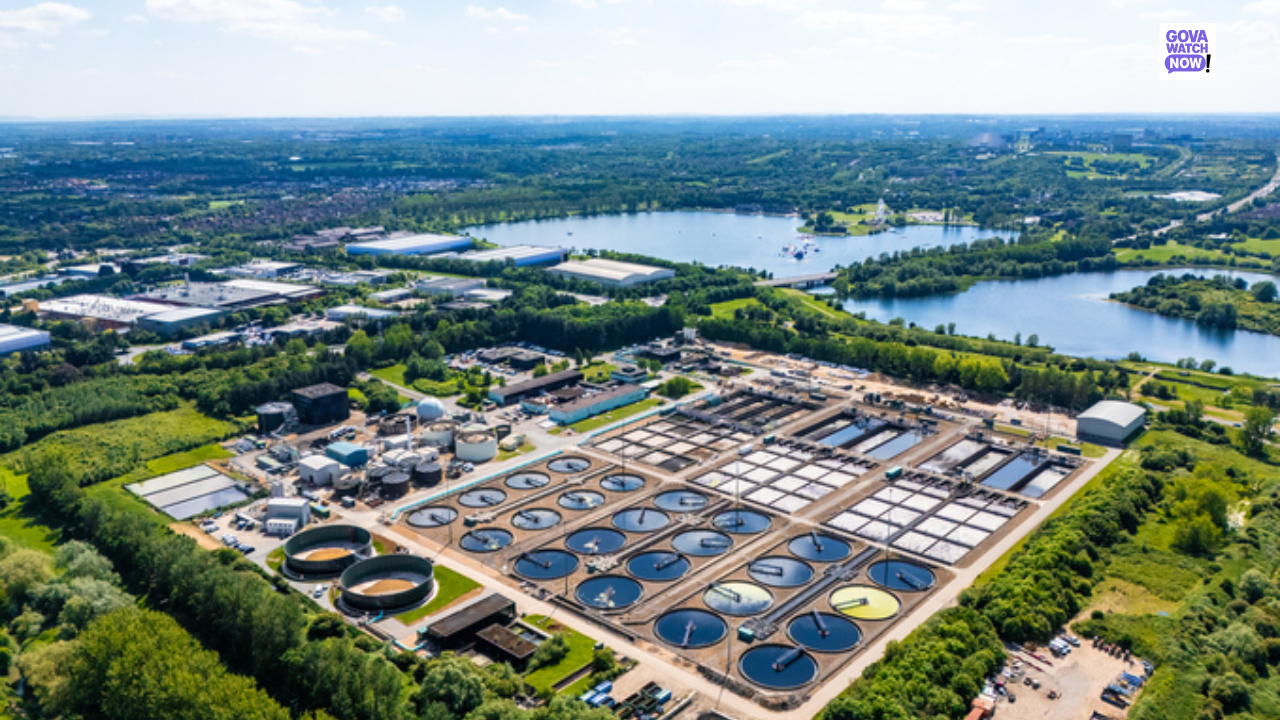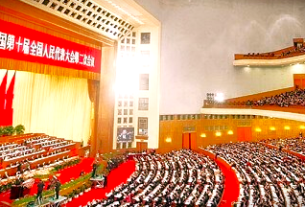A cross-party group of UK Members of Parliament (MPs) has called for a comprehensive reform of the water industry, highlighting systemic issues such as environmental degradation, financial mismanagement, and inadequate regulation. The Environment, Food and Rural Affairs (EFRA) Committee’s report criticizes the current ownership models, citing failures in service, pollution, and excessive executive pay. The MPs recommend examining all potential ownership structures to foster a more responsible and effective sector.
The report emphasizes the need for a bold government-led overhaul, criticizing the industry for being “deaf to the crisis” it faces. It calls for a universal social tariff system for low-income households to mitigate the impact of rising water bills, which are expected to increase by 36% by 2030. The MPs also advocate for alternative ownership models, such as not-for-profits or co-operatives, to promote a more responsible corporate culture.
In response to these concerns, the government has introduced the Water (Special Measures) Act 2025, which grants the water regulator, Ofwat, the power to approve water company executives’ bonuses and shareholder dividends before they are paid. The Act also allows for the imprisonment of water industry CEOs if they refuse to comply with these measures. This legislation aims to address the profit-driven model of England’s water industry and to ensure greater accountability.
Additionally, an independent commission led by Sir Jon Cunliffe is conducting a root-and-branch review of the water sector’s regulatory system. The commission is examining issues such as financial stability, water security, sewage overflows, and support for vulnerable consumers. While the commission is expected to propose regulatory changes, it is not anticipated to recommend full nationalisation of the water industry.
The MPs’ report and the government’s legislative actions underscore the urgent need for reform in the water sector to address longstanding issues and restore public trust. As the review progresses, stakeholders anticipate further recommendations aimed at creating a more sustainable and accountable water industry.




